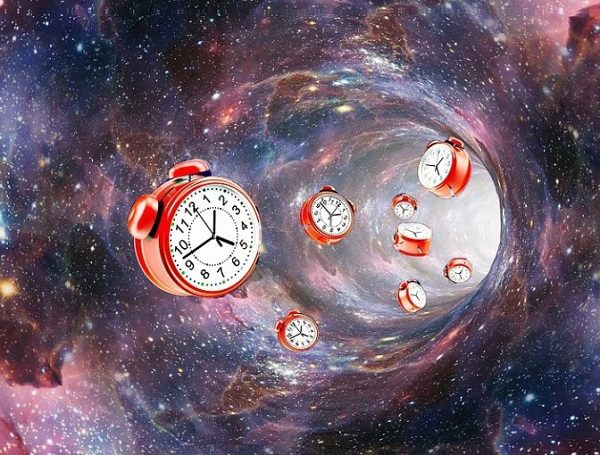ANNAPOLIS, MD—Many Maryland residents are still feeling the effects of losing an hour of sleep last weekend as the country moved clocks forward one hour to return to Daylight Saving Time.
Now, Maryland is one step closer to avoiding the twice-yearly time change altogether.
A bill moving through the Maryland General Assembly looks to make Daylight Saving Time permanent in the state, and the House recently passed the measure.
House Bill 126 was introduced in January and passed in the House in February, according to WJZ. It could move on to the Senate as early as next week. The measure introduced by Democratic Del. Brian Crosby means that Marylanders would keep their clocks set one hour ahead of standard time all year.
“Ending biannual clock-change will keep our circadian rhythms healthy, lower crime, and help small businesses,” Crosby, who represents St. Mary’s County, Tweeted.
Researchers say the time shift can cause circadian disruption in humans, a condition linked to countless disorders and diseases, and the loss of an hour of sleep every March takes a toll, including a higher rate of heart attacks, higher blood pressure, increased fatigue and more car crashes, according to NBC Washington. Increased work injuries and a temporary increase in suicides the day after the spring time change are also evident in some studies.
Even if the measure passes the Senate and Governor Larry Hogan signs it, the legislation still has a major hurdle: changes to the federal Uniform Time Act. The law allows states to exempt themselves from observing Daylight Saving Time, but requires a change in federal law to remain on Daylight Saving Time year-round.
Currently, Hawaii and Arizona are the only two states that do not observe Daylight Saving Time.
To that end, the U.S. Senate on Tuesday passed the Sunshine Protection Act, which would make Daylight Saving Time permanent throughout the nation starting in 2023.
The House of Representatives, which has held a committee hearing on the matter, must still pass the bill before it can go to President Joe Biden to sign, Reuters reports.
So what would this mean for Maryland residents? Currently, the earliest sunset of the year for Baltimore in 2023 is set for December 7 at 4:43 p.m. – but that’s after the clocks “fall back” in November, so under a permanent Daylight Saving Time, the sun wouldn’t descend any earlier than 5:43 p.m., according to The Baltimore Sun.
In Baltimore, January 5 will see the latest sunrise of 2024 at 7:26 a.m. Keeping Daylight Saving Time in place would move that time to 8:26 a.m. Fewer people would wake up with the sun and more morning commutes to work and school would take place in the dark.
The White House has not said whether Biden supports the measure.
Photo via Pixabay
Do you value local journalism? Support NottinghamMD.com today.

